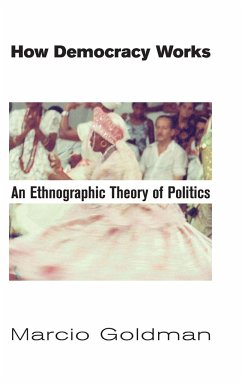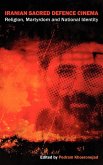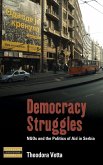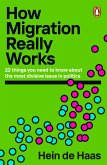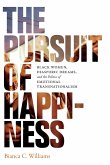In this book, Marcio Goldman provides an interpretation of a 'big' theme - the functioning of a modern political system - based on the ethnographic analysis of a 'small' one - the political involvement of a group of African-Brazilian people living in the town of Ilheus in the north-east of Brazil, and belonging to Afro-Brazilian religions, black movement factions, families and neighbourhoods. By giving a description 'from the native's point of view' he leads us to a truly anthropological perception of modern democracies, showing how we need to take seriously the actions and the reflections of those generally viewed as passive, manipulated, ignorant and not really interested in the political game. Only this can lead us to an 'ethnographic theory of politics' A ground-breaking work of real importance - not only to the anthropology of politics, but to the continuing development of theory and epistemology in anthropology and the social sciences at large. - Prof. Christina Toren, University of St Andrews Goldman has masterfully analysed the terrain of politics in this town, illuminating not only its local specifics.... but what he calls the 'constitutive ambiguities' of democracy in Brazil - and indeed of democracy as a whole. In the process he robustly challenges various accepted wisdoms about poor people's political choices, gives new life to classic anthropological ideas like 'segmentation', and strips away the veil that, for many of us, obscures 'how democracy works'. He achieves this ambitious task with consummate skill, combining fine-grained detail with bold theoretical insight.- Prof. Deborah James, London School of Economics If the intellectual contemplation of collectively instituted irrationality is what got anthropology going in the first place, then it must, at some point, address such entities as politicians, and why people vote for them. Read this book and learn. - Prof. Peter Gow, University of St Andrews
Hinweis: Dieser Artikel kann nur an eine deutsche Lieferadresse ausgeliefert werden.
Hinweis: Dieser Artikel kann nur an eine deutsche Lieferadresse ausgeliefert werden.

